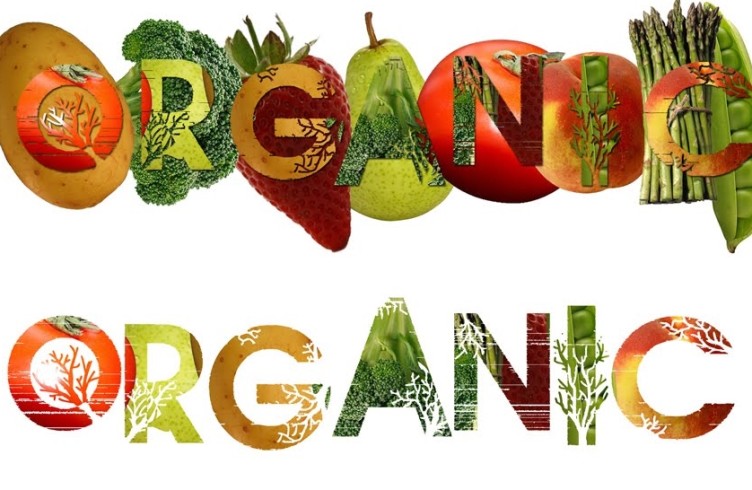“The root of all health is in the brain. The trunk of it is in emotion. The branches and leaves are the body. The flower of health blooms when all parts work together.” – Kurdish Saying
I’m sure the title of this post grabbed your attention. This is a brief post outlining some facts on how food may influence thoughts.
So can foods influence the way we think? The brain is an amazing organ. Most of our programming is based on perception, not what we see – get acquainted with that concept first. Perception is the brain’s way of interpreting ambiguous visual signals in the most likely explanation possible. These explanations are a direct result of past experience.
If you grew up with a dislike for eating broccoli (as I did), chances are that your perception of broccoli in adult life will be tainted by one’s childhood experience. It was only in my early thirties I started reintroducing it into my diet again. I grew up in a Middle Eastern household. My mother loved the use of garlic in her cooking and so broccoli was garnished with this medicinal wonder-bulb during dinner. When I ate it again in its natural state, I pleasantly discovered that it was the garlic seasoning that was the cause of my unpleasant memories.
We’ve all heard about magic mushrooms having hallucinatory effects on the brain. So if a plant based food can have a profound effect on the mind, consider your everyday foods which you eat for breakfast, lunch and dinner. My friend Ryan raised an interesting point recently when we were discussing meditation and the reason for this post. I was recounting that my thought patterns were scattered during the last two weeks – even during meditation. I found this odd since I am very in tune with my thoughts. Ryan suggested that perhaps my food habits had changed over the past few weeks.
Given it was the end of the year and I had attended a number of Christmas gatherings, I found myself eating foods rich in calories and sugar – as one does during this period. My immediate attention turned toward ADHD children (not that I am making any connection I might add!) who had been administered a pure organic diet over a period of time; to discover their mental state had improved. The association being; can a diet rich in calories and sugar affect ones thought process? – perhaps so, as in my case.
We know food can influence moods, since it alters hormonal levels, interacting with blood chemistry and one’s organs i.e. liver, pancreas, adrenals, digestive system, kidneys and the heart. Certain foods have calming effects on the body such as those rich in Trytophan. They include: chicken, beef, brown rice, nuts, fish, milk, eggs, cheese, fruit, and vegetables.
Tryptophan is an essential amino acid which the body is unable to manufacture. It forms a crucial role in the production of serotonin and melatonin. Serotonin is essential for sleep and mood regulation. If you have inadequate serotonin in your body, depression and insomnia may be likely effects, since this hormone is responsible for mood regulation. It is important that you consume foods rich in tryptophan or supplement accordingly (via consultation with a health care professional – do not self diagnose).
So the tenet, you are what you eat and when you eat it rings true in many cases. It comes as no surprise that those who choose foods high in minerals and vitamins live a longer, rich and healthy life. Your body is an intricate organism. The nerve networks, chemicals, hormones and messenger molecules all play an important role in the regulation of your everyday functions. Anytime you eat a certain food, you start an internal process which is much like a taking a road trip without a map – there are so many paths to take.
Another example of food influencing thought and mood is found in the comfort food chocolate. Pure dark chocolate which consists of 70% or more cocoa is the ideal companion to adjust your moods. Dairy milk chocolate is high in saturated fats, sugar, preservatives, artificial colours and additives – not to mention the dairy component. I hope I haven’t turned you off chocolate in the interim.
So food can alter ones thoughts and interacts with processes within the body. The stomach releases certain chemicals when food is eaten which are relayed via the vagus nerve to the base of the brain. The feeling of satiety (fullness) is activated by the hormones leptin and insulin, which communicate a message to the brain via the gut-brain barrier that you’re full. Have you ever noticed how your moods change when you’ve missed breakfast or lunch? My blood sugar levels can drop very quickly if I skip a meal. I immediately notice headaches and mood swings tending toward irritability if I don’t eat the right combination of foods.
So pay attention to your selection of foods next time you’re thoughts are all over the place. Look back over the week and take an inventory of what changes to your diet may have influenced your moods and thoughts. Choose foods which are better suited toward improving your health, your hormonal levels and your moods. If you’re unsure, Google them or visit the library. There are a plethora of books on the subject.

Are You Ready to Transform Your Life with Confidence?
Are you ready to transform your life and unlock your potential? Start your journey with me today! My Life Coaching Program has empowered many to achieve lasting change. Schedule your FREE 30-minute consultation now and take the first step towards a brighter, more confident you.
Tony Fahkry
Expert Life Coach



















